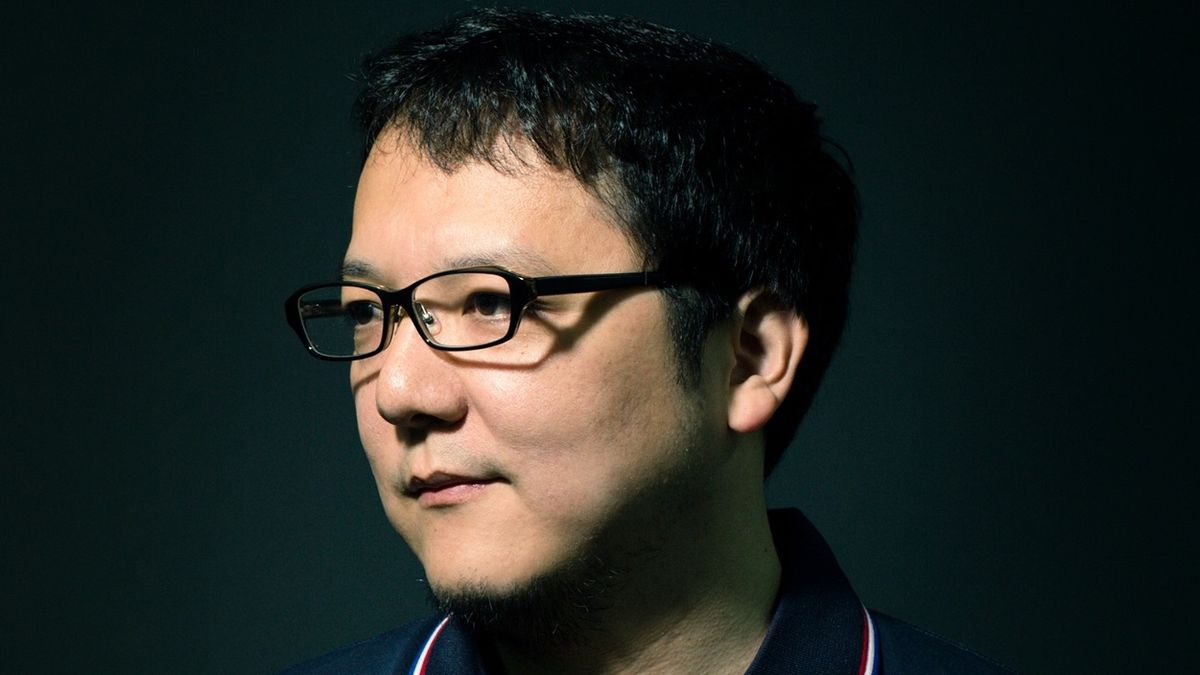Elden Ring is the hottest ticket in town at the moment, and FromSoftware has moved from the considerable success of its Souls series into a critical and mainstream darling that has shifted over 10 million copies and counting. The game is directed by Hidetaka Miyazaki, also the CEO of FromSoftware, and he’s done several interviews around the game’s release, the latest appearing in the March 2022 issue of Japanese gaming magazine Famitsu.
Famitsu is yet to post the interview online, but FrontlineJapan’s translated the whole thing (part one and part two). It’s worth bearing in mind that while these are Miyazaki’s thoughts on the game, things like tone in particular can get lost in translation.
At the start of the interview, Miyazaki is asked how he feels about the game’s release. He says it’s not a good feeling. VGC produced its own direct translation of this quote:
“It’s the same for all past titles, not just this one, but it’s not a very pleasant time. I’m sure I’m relieved, but I’m more anxious about it. I never get used to it.”
Miyazaki goes on to acknowledge the knowhow and foundation that the Dark Souls series gave Elden Ring, specifically mentioning the combat systems, area design, and balancing challenge. The team set out explicitly to make Elden Ring its largest work to date, feeling that it had grown enough in size and expertise to handle such a development. Naturally, it turned out even larger and more complex than predicted.
Elden Ring has been in development for many years and, as he has done in the past, Miyazaki was directing two projects in parallel: this and Sekiro. Miyazaki doesn’t feel Sekiro greatly influenced Elden Ring, but acknowledges that the two must have influenced one another in some ways.
George RR Martin’s involvement was in coming up with a mythos that existed from a very early stage of development, after which From presented him with the idea of something like the Elden Ring (which was apparently not a ring at that point) and its shattering being the world’s key moment. Things like the Erdtree also came later.
VGC’s translation of these lines is: “At first, it wasn’t called the ‘Ring’, but I think he talked about the Elden Ring-like existence and the image of the opportunity for it to break. However, it was only spoken as an abstract concept, and I don’t think he had a concrete motif such as a golden tree at that time.”
Famitsu’s interviewer asks about the field design of the game, the open world journeying, and Miyazaki says the aim was to give the Lands Between a painterly, fantastical and mythological look, with a feeling of “romanticism in solitude.” Player freedom was top priority, which is why it is designed to let players explore areas in more-or-less any order, and only a few locations where they can be stopped dead by a nightmare boss.
On the map, he has some interesting things to say about the concept of map fragments. Miyazaki reckons this adds variety to exploration: You have to explore an unknown area initially, which is one kind of feeling, then you’ll find the map fragment, which gives you some idea of what might be around, but even then the maps don’t have all of the world’s details on them, so there remains a sense of discovery. He adds that exploring with a map is fun, and that’s why the fragments are easy to obtain (erm…).
As for how the man himself plays, Miyazaki prefers “tough” characters that can trade hits and press foes (Guts. He wants to be Guts.) but is still fooling around and hopes to find another style he likes later.
Tips for new players? Miyazaki gives the excellent advice that new players should just enjoy themselves, not worry about optimising things, and not fear death but be relaxed about the trial-and-error of the process: This is the way, he says, FromSoftware intended for players to enjoy the game.
As for Elden Ring’s influence on FromSoftware’s future work, Miyazaki is sure it will be influential. Hell, the guy’s probably battering Bandai Namco executives away with a stick at this point in time. Miyazaki emphasises that Elden Ring itself was only possible because of what had preceded it and the growth of the team over that time, and hopes in turn it will lead to more challenging future endeavours.
